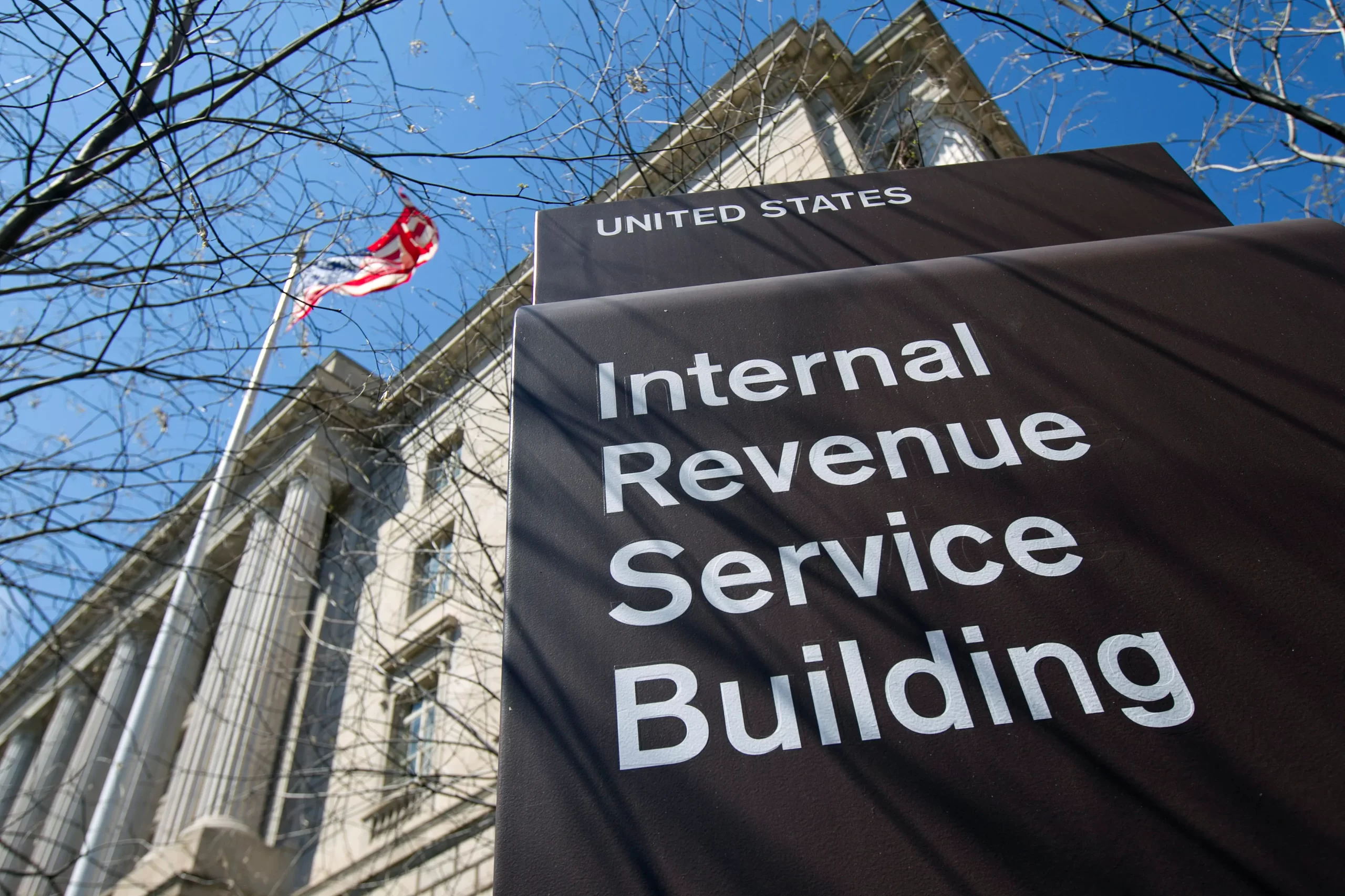The Internal Revenue Service (IRS) has doubled down on its position that cryptocurrency staking rewards are taxable as income upon receipt, disputing claims that they should be taxed only when sold or exchanged. This clarification comes as the agency faces a second lawsuit from crypto stakers Joshua and Jessica Jarrett.
IRS Maintains Staking Rewards Are Taxable Income
A Bloomberg report on December 23 revealed that the IRS rejected the Jarretts’ arguments, emphasizing that staking rewards are taxable at their fair market value once they can be sold or exchanged. Citing Revenue Ruling 2023-14, the agency stated:
“Taxpayers who receive staking rewards must report them as income at their fair market value upon having the ability to sell, exchange, or otherwise dispose of them.”
Staking involves locking cryptocurrency in a blockchain network’s smart contract to help verify transactions and secure the system. In return, participants receive staking rewards, often in the form of additional cryptocurrency.
The IRS’s 2023 guidance classifies these rewards as taxable income the moment they are created, with the tax amount determined by the tokens’ market value at that time.
The Jarretts’ Fight for Fair Staking Taxation
The Jarretts’ legal battle with the IRS began in 2021 over 8,876 Tezos (XTZ) tokens earned through staking in 2019. They argued that staking rewards should be treated like other forms of property—such as crops grown by a farmer or an author’s unpublished manuscript—and taxed only when sold.
The IRS initially attempted to resolve the dispute by offering the couple a $4,000 refund, which the Jarretts declined. They aimed to create a broader legal precedent for proof-of-stake cryptocurrencies, but the court dismissed the first case, calling it moot due to the refund.
In October 2024, the Jarretts filed a second lawsuit. They are now seeking a $12,179 refund for taxes paid on 13,000 XTZ tokens earned in 2020, along with a permanent injunction against the IRS’s current tax treatment of staking rewards. The complaint argues:
“New property is not taxable income; instead, taxable income arises from the proceeds from the sale of that new property. In all other contexts, the IRS recognizes that new property is not taxable income.”
A Potential Legal Precedent for Staking Taxes
This case could have significant implications for how staking rewards are treated under US tax law. If the court sides with the Jarretts, it may reshape the tax framework for proof-of-stake blockchain participants.
For now, the IRS continues to assert that staking rewards are taxable at the time of creation, a position likely to influence other crypto-related tax policies moving forward.
